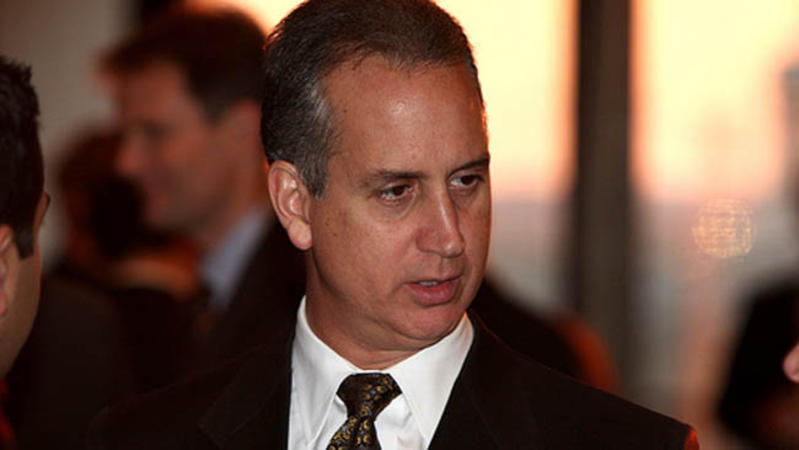
Transportation Budget Bill seeks freeze on ‘new’ flights to Cuba
Congressman Mario Diaz-Balart, chairman of the Appropriations Subcommittee that funds the U.S. Department of Transportation’s annual budget, has introduced legislation that would block any new licenses for commercial air travel from the U.S. to Cuba, while protecting the charter services that fly his South Florida Cuban American constituents to the island for family visits.
The legislation was announced on the Committee’s website and reported on by Reuters, among other news agencies, ahead of Subcommittee action on Wednesday.
His 156-page bill, offered for Subcommittee action this week, would stop any “new” flights to Cuba that weren’t in place prior to March 31, 2015. This would have the effect of barring the expansion of existing charter services and thwarting the potential for regularly scheduled commercial flights once Cuba and the U.S. renew their lapsed civil aviation agreement.
Several airlines – including United, Southwest, and Delta – announced their intentions to begin regularly scheduled flights in the wake of President Obama’s decision to restore diplomatic relations with Cuba and permit greater travel and trade. American Airlines and JetBlue Airways, which already operate charter flights to and from the island, also announced plans to begin commercial services.
If the Diaz-Balart legislation is signed into law as written, this momentum would grind to a halt. While service in existence prior to March 31 would not be interrupted, the bill would make it impossible for any airline to start commercial service. It would also prevent JetBlue Airways, for example, from launching the new flights from Tampa to Havana set to take off for the first time on June 5th.
The bill also contains funding restrictions that would prevent the U.S. government from certifying cruise lines for travel to Cuba, which offer the prospect of lower-cost travel to the island.
The Diaz-Balart legislation is reminiscent of a proposal that was written by Senators Bob Menendez of New Jersey and Marco Rubio of Florida to block the expansion of flights to Cuba after President Obama restored people-to-people licenses in 2011. That legislation also barred “new flights” to countries like Cuba which were on the State Sponsors of Terror list. They planned their proposal as an amendment to legislation affecting the Federal Aviation Administration, but they never brought it up for a vote.
Since President Obama is dropping Cuba from terror list, for this year’s version of the bill, Rep. Diaz-Balart is barring flights from landing on property confiscated after 1959.
Here’s an interesting sidebar that has escaped notice: Page three of the legislation defunds the position of Assistant Secretary of Transportation for Public Affairs, which could be an effort to muzzle the Department’s spokesperson from expressing opposition to the proposals.
In the last four years, public support for expanding travel, ending the embargo, and restoring relations with Cuba has grown considerably. Even if Congress were to enact the Diaz-Balart bill, itself an unlikely development, President Obama could take action that would speak louder than any words uttered by the Transportation Department’s communications officer – by vetoing the legislation.
(From the CDA website)

